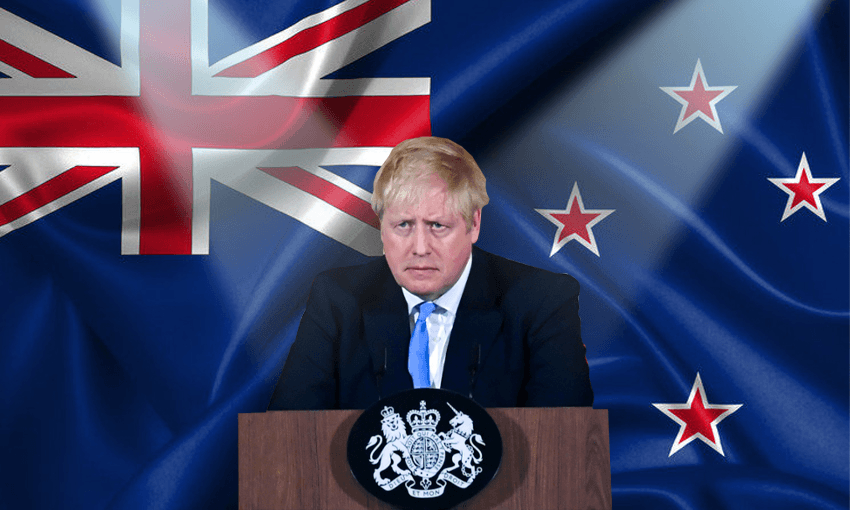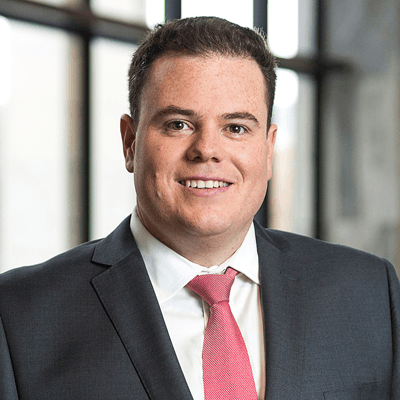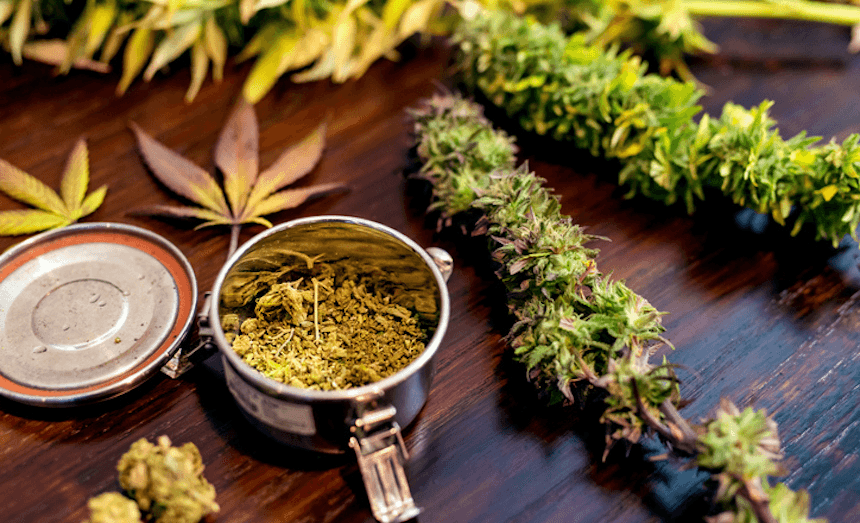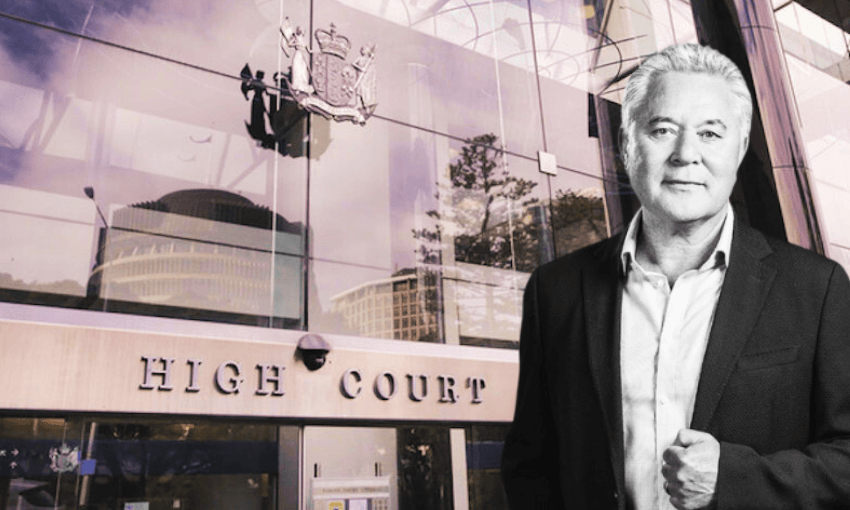Just months from the referendum, myths and misinformation about cannabis legalisation continue to proliferate, writes Fiona Hutton.
I was recently invited to Whanganui by the organisers of the Science Forum there – they wanted a panel of experts with knowledge about drug research to discuss the cannabis referendum.
There was an audience of just over 200 people, indicating how keen people are to get information about the referendum. This was made abundantly clear in chatting to people afterwards – all they want is clear information about the referendum, what it might mean, how will it be done and what the effects might be.
They had been confused by claims in the media that cannabis causes psychosis and that legalisation will be a ‘free for all’ with increased use by young people. Many were surprised to hear what us speakers had to say: that legalisation is not the horror story they had been led to believe.
For example, under a legal market we can control the following things: the potency of products; the level of THC (the stuff that makes you high) and the level of CBD (the stuff that has a calming effect); the portion size; and the age limit for buying cannabis.
We can also limit the use of, and test products for, pesticides and fungicides; give people harm reduction and health information at the point of sale, both on the packet and in the store; and use the extra cash flow from taxing legal cannabis for education and treatment.
Regulations could allow proactive public health measures to reduce and mitigate harm, both for cannabis users and the wider public. They mean those who do access cannabis underage are likely to be accessing a regulated, controlled product in clearly marked, portion-controlled packages.
Additionally, people who consume cannabis can be kept away from the criminal justice system, significantly reducing the negative life impacts of a criminal conviction.
In short, a legal regulated market for cannabis means we can take control of the cannabis market in New Zealand, as well as more effectively tackle related harms. The illegal market will not disappear overnight but voting ‘yes’ for legalisation is a critical first step towards this for the future.
Many people at the Whanganui event wanted to know about things such as use levels after legalisation in Canada and other countries, and what the research says about things such as mental health issues and psychosis in relation to cannabis use.
Again, many audience members were surprised to hear a renowned expert note that cannabis use disorder is affected by many things – trauma, sexual abuse, poverty, genetics (for some people) – not just by the drug itself, and that addiction is complex and multi-faceted. Also that only a small proportion of cannabis (and other drug) consumers have problems with addiction – most drug-using episodes cause no harm to the user, or their communities, just like most alcohol-using episodes.
Research findings point to those with already underlying mental health problems as most likely to suffer exacerbated problems through heavy, daily use of high-potency cannabis, and show that vulnerable adolescents (rather than adults) who use high-potency cannabis on a daily basis are those most at risk – all the more reason to take control of the cannabis market, regulate potency and age of purchase, and provide harm reduction and health information to consumers.
As Professor Marco Leyton from McGill University in Canada has noted, “heavy cannabis use is associated with greater psychosis risk only when use begins in adolescence” (and alongside other risk factors). “It is therefore critical to note that there remains no compelling evidence that legalisation increases adolescent cannabis use.”
In both the United States and Canada, legalisation has been associated with minor increases in adult use of cannabis, but youth use has remained stable or decreased (following pre-legalisation trends).
In fact, from 2018–2019, since legalisation Canada has seen the biggest drop in youth use (those aged 15–17) in history, going from 19.8% to 10.4%. It is often older age groups, those aged 45–64, who report the highest increases in use following legalisation, possibly reflecting medical use in older populations.
It is also worth noting that a large number of people in New Zealand already use cannabis, which is readily available, including to underage users, and that whatever the outcome of the referendum this will not change.
So I guess the real questions are: do we want to carry on criminalising already marginalised (and other) groups for minor cannabis offences? And do we want to leave any problems associated with cannabis use unchecked and unregulated?
The Canadian model is the closest to the sensible regulated model that the New Zealand government is proposing so it is also heartening to note that daily or almost daily use levels (use by the heaviest cannabis users) have not increased and neither has drug-impaired driving.
Although it is early days yet, these positive trends are reason to be cautiously optimistic about a legal regulated cannabis market.
Also, although there are international examples out there, New Zealand doesn’t have to follow them – the government has produced a draft bill based on the best available New Zealand and international evidence and we can take our own uniquely ‘Kiwi’ path.
In Whanganui, there were empathetic reactions to stories of those convicted of minor drug offences and the wide-reaching effects and impact this has had on their lives: the shame, stigma and marginalisation of already vulnerable groups. This was coupled with a sense of outrage at the overrepresentation of Māori and other indigenous groups in the drug offence statistics (and the wider criminal justice system).
I don’t think all the 200-plus people at the Science Forum supported drug law reform, but they came to listen to the evidence and wanted clear and useful information – please follow their example and make sure you cast your vote in an informed way.
Associate Professor Fiona Hutton is in the Institute of Criminology at Te Herenga Waka—Victoria University Wellington.






